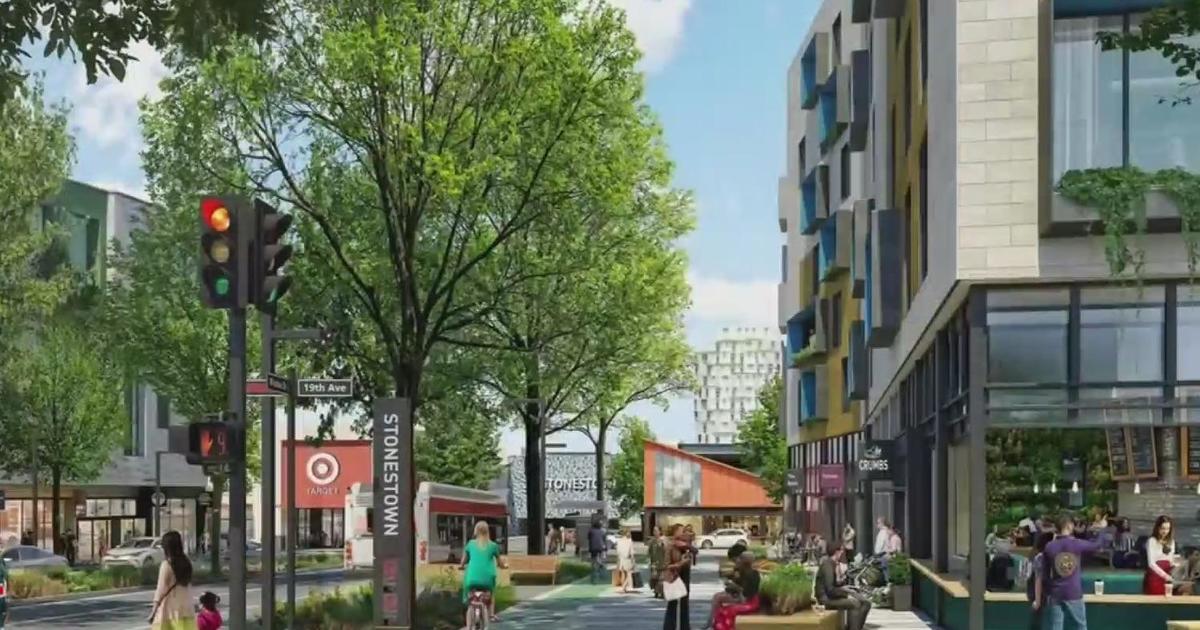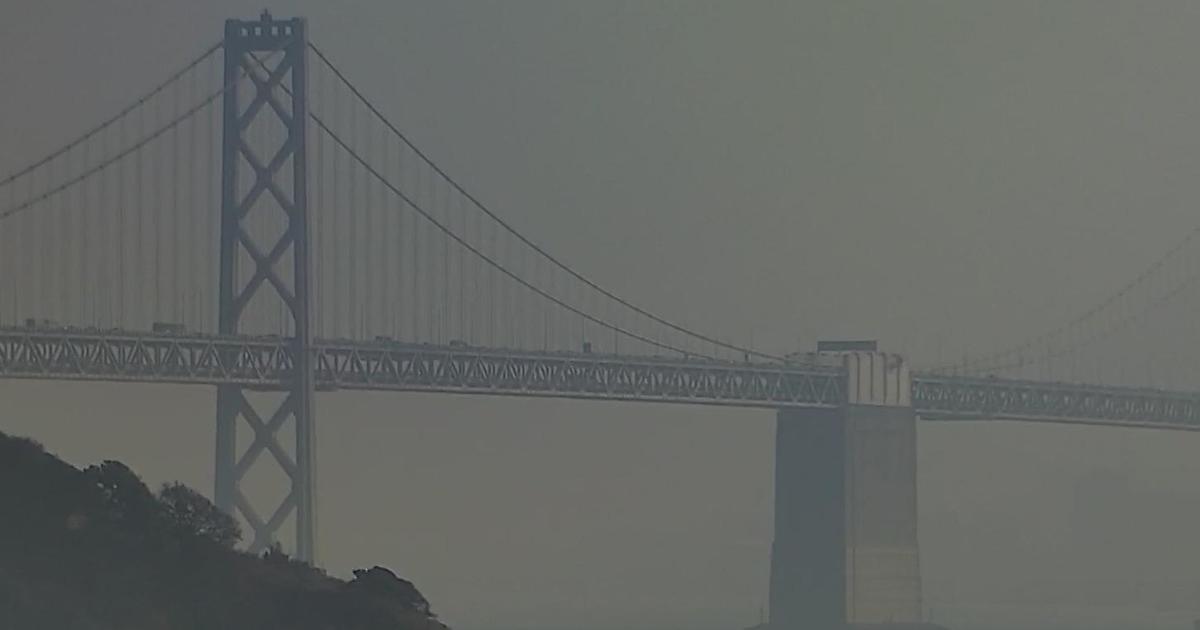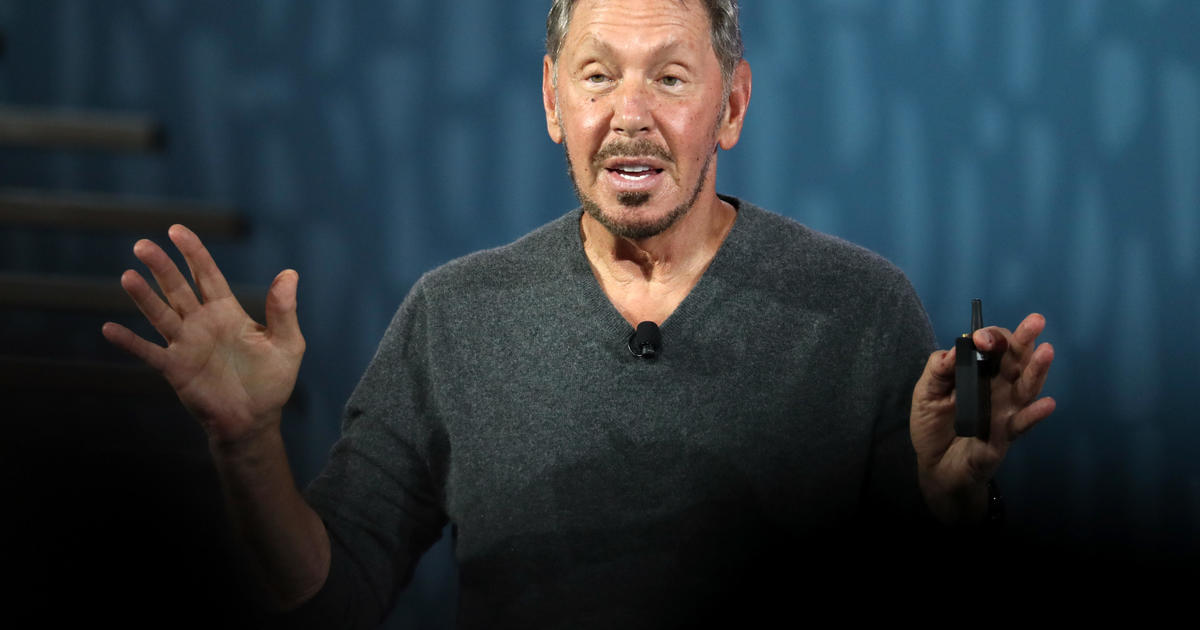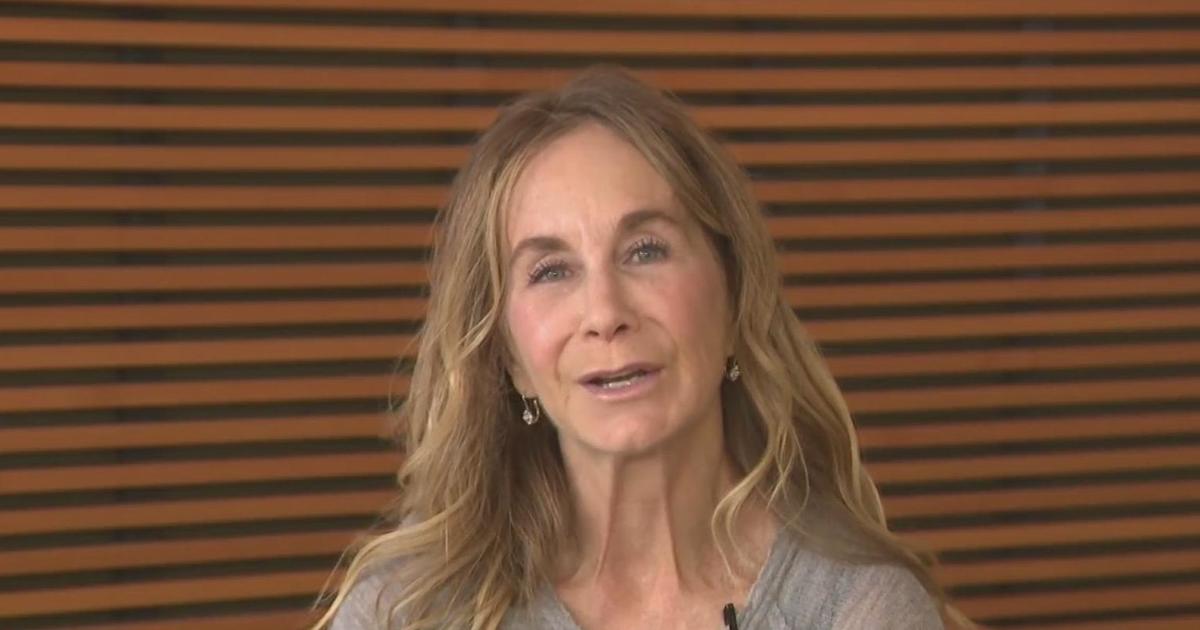Coronavirus Update: Gov. Newsom, State Surgeon General Highlight Stress-Relieving, Emotional Health Resources
SACRAMENTO (CBS SF) -- Gov. Gavin Newsom Tuesday spoke about the stress and emotional struggles Californians may be having during the shelter-in-place order, and pointed out resources for people who are suffering emotionally and physically.
During his daily COVID-19 update on Tuesday, Gov. Newsom was joined by the California Surgeon General Dr. Nadine Burke Harris to unveil a set of behavioral and mental health guidelines for people to consider during the coronavirus pandemic.
"She's been working for many, many weeks to put together the guidance that we're putting out today to meet these challenges head-on and to be there and extend a hand for you at this time of great stress and need," said Newsom.
Dr. Harris said while the priority for citizens has been to take measures such as physical distancing, hand-washing, wearing masks and proper disinfecting to slow the spread of coronavirus, people also need to be aware of the emotional toll of the pandemic.
"But while we keep our physical distance, our social supports to maintain emotional and spiritual connection are more important than ever for our physical and mental health," said Harris. "The health impacts of coronavirus go beyond infection and COVID disease. It is important to recognize that stress related to the pandemic that many are feeling right now, compounded by the economic stress due to lost wages, employment and financial assets, plus school closures and sustained physical distancing, can trigger the biological stress response which also has an impact on our health and well-being."
Harris said such stresses can trigger changes in sleep patterns or appetites, anxiety, anger, increased use of substances or substance abuse, and domestic violence. Other physiological effects from the stress response can include headaches, digestive problems, high blood pressure or high blood sugar, and exacerbated asthma symptoms.
Harris said the State of California's COVID-19 website features a section on managing stress, which includes stress playbooks for individuals as well as care providers. The website also has a series of guidelines for emotional health and lists of hotlines for issues such as substance abuse, domestic violence, suicide, and family support.
At the Crisis Text Line, 78 percent of conversations in the past month have been about anxiety. The text line created a special code by texting "FRONTLINE" to 741741 to get medical workers and first responders quicker access to counseling.
CEO Nancy Lublin recommends breaking down the unending nature of sheltering-in-place into bite-sized chunks. "Saying things like, 'What will you do tonight to stay strong? Tell me your plans for tomorrow with your family.'" Lublin told KPIX 5. "We're also seeing 71 percent of Americans binge watching TV and movies - if escaping is a great distraction, go for it."
At La Casa De Las Madres, a women's shelter, the number of calls for help has remained steady, but are longer and more complex with people suddenly trapped by order in abusive homes. Kathy Black is the executive director of the shelter, " If someone found themselves in a situation where they were in imminent danger of physical harm and their only choice was to break the shelter in place. I would break the shelter in place and run and get some help."
COMPLETE COVERAGE: CORONAVIRUS PANDEMIC
Newsom said there are currently 15,865 coronavirus cases in California, a 10.7 percent increase from Monday. A total of 2,611 people are hospitalized for COVID-19, a 4.1 percent increase from Monday. The figure includes 1,108 patients in ICU, a 2.1 percent increase.
There are 397 people who have died in California of coronavirus, according to John Hopkins University & Medicine.
Newsom said the latest data on cases and hospitalizations shows that the measures being taken in the state to stop the spread of coronavirus are having an effect.
"These are not the double-digit increases we were seeing in hospitalization rates or ICU rates that we saw even a week or so ago. That's not to suggest by any stretch of the imagination that we'll continue to see these declines. It's only to reinforce the importance of maintaining physical distancing and continuing our stay-at-home policy that has helped bend the curve in the state of California," explained Newsom. "But that curve continues to rise, just not at the slope that originally was projected without the kind of interventions, these non-pharmaceutical interventions like physical distancing have provided for us."
State Secretary for Health and Human Services Dr. Mark Ghaly suggested that success in flattening the curve could be pushing back the arrival of
"We know that the bending or the flattening of the curve means two things: it means our peak comes down, but it also goes further out," said Dr. Ghaly.
He said that the surge in COVID-19 cases would likely arrive "around May or late May in particular."
Andria Borba contributed to this report.
Help can be found at the state's website: www.covid19.ca.gov. You can text CRISIS to 741741 to reach the Crisis Text Line and the 24/7 line for La Casa De Las Madres is 877.503.1850 or text 415.200.3575.



